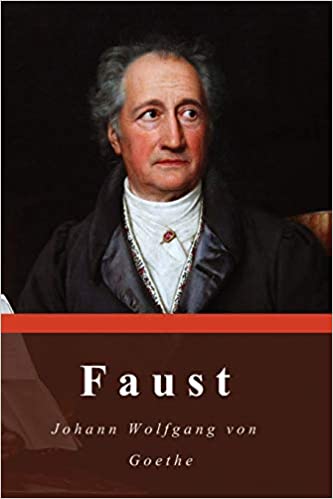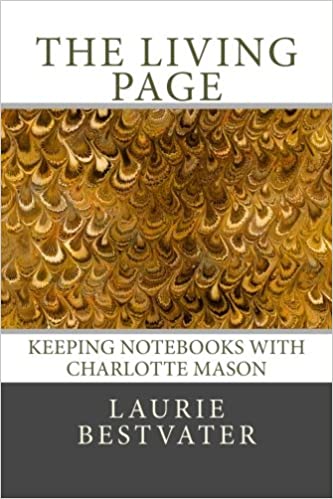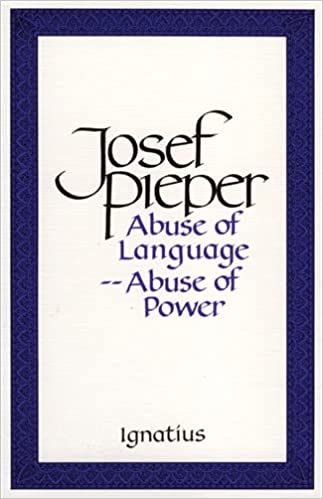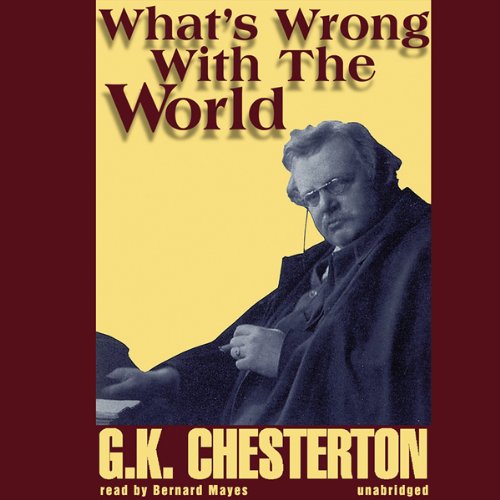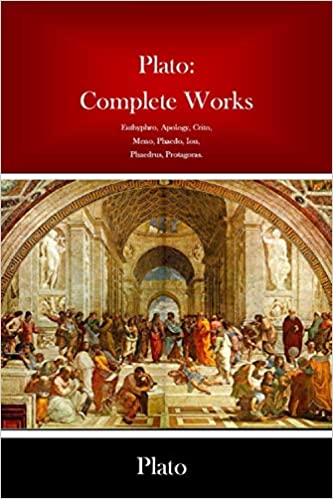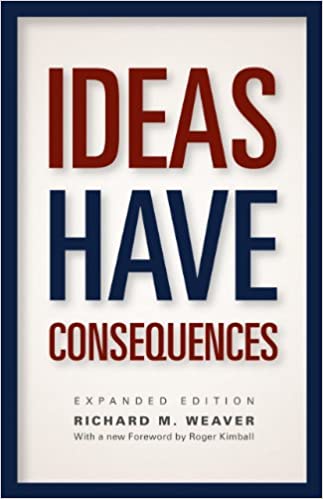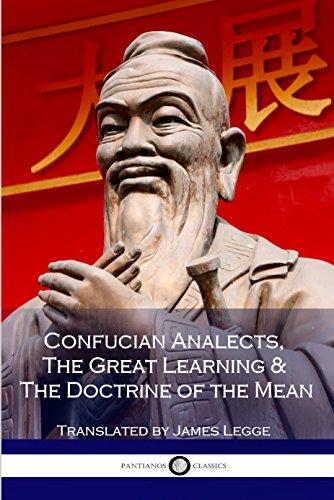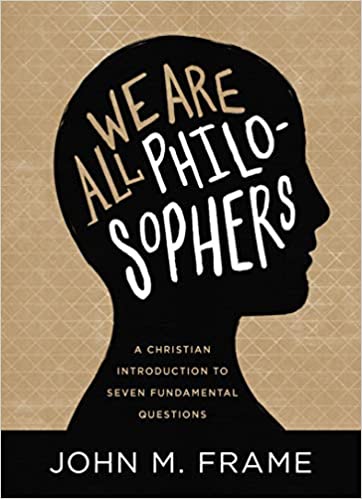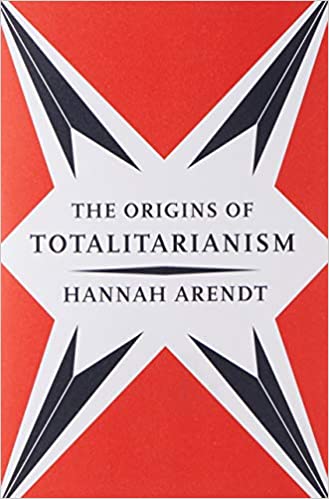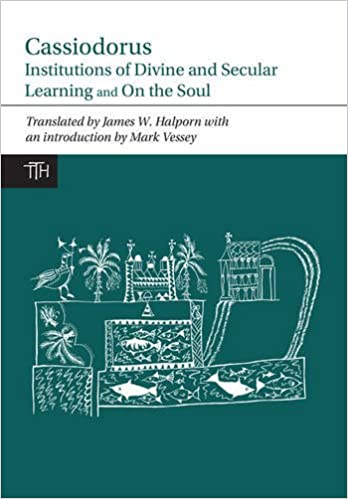Faust
Faust is the protagonist of a classic German legend. He is a scholar who is highly successful yet dissatisfied with his life, so he makes a pact with the Devil, exchanging his soul for unlimited knowledge and worldly pleasures. The Faust legend has been the basis for many literary, artistic, cinematic, and musical works that have reinterpreted it through the ages. Faust and the adjective Faustian imply a situation in which an ambitious person surrenders moral integrity in order to achieve power and success for a delimited term.The Faust of early books—as well as the ballads, dramas, movies, and puppet-plays which grew out of them—is irrevocably damned because he prefers human to divine knowledge; "he laid the Holy Scriptures behind the door and under the bench, refused to be called doctor of Theology, but preferred to be styled doctor of Medicine". Plays and comic puppet theatre loosely based on this legend were popular throughout Germany in the 16th century, often reducing Faust and Mephistopheles to figures of vulgar fun. The story was popularised in England by Christopher Marlowe, who gave it a classic treatment in his play, The Tragical History of Doctor Faustus. In Goethe's reworking of the story two hundred years later, Faust becomes a dissatisfied intellectual who yearns for "more than earthly meat and drink" in his life.
More info →The Living Page
"We all have need to be trained to see, and to have our eyes opened before we can take in the joy that is meant for us in this beautiful life." Charlotte Mason ~~~~~~~ "Composition books and blank journals are readily available at every big box and corner store, available so inexpensively as to be common and ironic as we reach that digital dominion, the projected 'paperless culture.' Shall we despair the future of the notebook? Is the practice an anachronism in an age where one's thoughts and pictures, doings and strivings are so easily recorded on a smartphone or blog,and students in even the youngest classrooms are handed electronic tablets with textbooks loaded and worksheets at the ready? Or is there something indispensable in the keeping of notebooks without which human beings would be the poorer?" THE LIVING PAGE invites the reader to take a closer look in the timeless company of 19th century educator, Charlotte Mason.
More info →Abuse of Language, Abuse of Power
One of the great Catholic philosophers of our day reflects on the way language has been abused so that, instead of being a means of communicating the truth and entering more deeply into it, and of the acquisition of wisdom, it is being used to control people and manipulate them to achieve practical ends. Reality becomes intelligible through words. Man speaks so that through naming things, what is real may become intelligible. This mediating character of language, however, is being increasingly corrupted. Tyranny, propaganda, mass-media destroy and distort words. They offer us apparent realities whose fictive character threatens to become opaque. Josef Pieper shows with energetic zeal, but also with ascetical restraint, the path out of this dangerous situation. We are constrained to see things again as they are and from the truth thus grasped, to live and to work.
More info →What’s Wrong with the World
In this important book, G.K. Chesterton offers a remarkably perceptive analysis of social and moral issues, even more relevant today than in his own time. With a light, humorous tone but a deadly serious philosophy, he comments on errors in education, on feminism vs. true womanhood, on the importance of the child, and other issues, using incisive arguments against the trendsetters’ assaults on the common man and the family.
Chesterton possessed the genius to foresee the dangers of implementing modernist proposals. He knew that lax moral standards would lead to the dehumanization of man. In this book, he staunchly defends the family against those ideas and institutions that would subvert it and thereby deliver man into the hands of the servile state. In addressing what is wrong, he also shows clearly what is right, and how to change things in that direction.
More info →Plato: Complete Works
Don’t wait any longer and buy now! This exclusive collection has been created especially for you.Plato:Complete WorksEuthyphro,Apology,Crito,Meno,Phaedo,Ion,Phaedrus,Protagoras.Plato in Classical Attic; 428/427 or 424/423 – 348/347 BC) was an Athenian philosopher during the Classical period in Ancient Greece, founder of the Platonist school of thought, and the Academy, the first institution of higher learning in the Western world.He is widely considered the pivotal figure in the history of Ancient Greek and Western philosophy, along with his teacher, Socrates, and his most famous student, Aristotle. Plato has also often been cited as one of the founders of Western religion and spirituality. The so-called Neoplatonism of philosophers like Plotinus and Porphyry influenced Saint Augustine and thus Christianity. Alfred North Whitehead once noted: "the safest general characterization of the European philosophical tradition is that it consists of a series of footnotes to Plato."Plato was the innovator of the written dialogue and dialectic forms in philosophy. Plato is also considered the founder of Western political philosophy. His most famous contribution is the theory of Forms known by pure reason, in which Plato presents a solution to the problem of universals known as Platonism (also ambiguously called either Platonic realism or Platonic idealism). He is also the namesake of Platonic love and the Platonic solids.
More info →Ideas Have Consequences
Originally published in 1948, at the height of post–World War II optimism and confidence in collective security, Ideas Have Consequences uses “words hard as cannonballs” to present an unsparing diagnosis of the ills of the modern age. Widely read and debated at the time of its first publication,the book is now seen asone of the foundational texts of the modern conservative movement.
In its pages, Richard M. Weaver argues that the decline of Western civilization resulted from the rising acceptance of relativism over absolute reality. In spite of increased knowledge, this retreat from the realist intellectual tradition has weakened the Western capacity to reason, with catastrophic consequences for social order and individual rights. But Weaver also offers a realistic remedy. These difficulties are the product not of necessity, but of intelligent choice. And, today, as decades ago, the remedy lies in the renewed acceptance of absolute reality and the recognition that ideas—like actions—have consequences.
This expanded edition of the classic work contains a foreword by New Criterion editor Roger Kimball that offers insight into the rich intellectual and historical contexts of Weaver and his work and an afterword by Ted J. Smith III that relates the remarkable story of the book’s writing and publication.
More info →Confucian Analects, The Great Learning & The Doctrine of the Mean
One of the classic four books of ancient Confucianism, The Great Learning consists of a short initial commentary attributed to Confucius himself, followed by a lengthier tract written by one of his disciples named Zengzi.
The text emphasises achieving balance in every day life and in thoughts. For the man who aspires to great wisdom, much time must be set aside for rest and contemplation. Life's priorities must be organised according to their importance, and harmony must be rigorously cultivated in everyday associations and relationships. In learning, one must not consider one kind superior to the exclusion of others, but must instead strive for balance.
More info →The Communist Manifesto
“Let the ruling classes tremble at a Communistic revolution. The proletarians have nothing to lose but their chains. They have a world to win. Workingmen of all countries unite!” ― Karl Marx, The Communist Manifesto
This pocket edition is designed to be convenient enough to easily fit in a pocket, purse, briefcase or backpack, but with text large enough that it is easy to read, and margins large enough to be marked up by students of any age. This new edition, reproducing the 1888 authorized English translation of Marx and Engels's work of political theory. The translation in this edition is the translation authorized by Engels, by Samuel Moore (1838-1911).
The Communist Manifesto (officially Manifesto of the Communist Party) is an 1848 political manifesto by German philosophers Karl Marx and Friedrich Engels that laid out the program of the Communist League. Originally published in German (as Manifest der kommunistischen Partei) just as the revolutions of 1848 began to erupt, the Manifesto has since been recognized as one of the world's most influential political manuscripts.
It presents an analytical approach to the class struggle (historical and present) and the problems of capitalism and the capitalist mode of production, rather than a prediction of Communism's potential future forms. The Communist Manifesto contains Marx and Engels' theories about the nature of society and politics, that in their own words, "The history of all hitherto existing society is the history of class struggles". It also briefly features their ideas for how the capitalist society of the time would eventually be replaced by socialism, and then finally Communism.
More info →We Are All Philosophers: A Christian Introduction to Seven Fundamental Questions
Everyone is a philosopher, and how we live reveals what we most deeply believe.
If you and God were asked the same question, would you both respond in the same way?
Are Christians right to believe what we do?
In We Are All Philosophers, John M. Frame takes seven major questions of philosophy and compares the Bible's answers with common philosophical ones:
- What is everything made of?
- Do I have free will?
- Can I know the world?
- Does God exist?
- How shall I live?
- What are my rights?
- How can I be saved?
We Are All Philosophers carries all the marks of John Frame's books: he appeals to Scripture frequently and carefully. He writes elegantly and simply, a byproduct of having mastered the complicated philosophical topics he surveys.
More info →The Origins of Totalitarianism
The Origins of Totalitarianism begins with the rise of anti-Semitism in central and western Europe in the 1800s and continues with an examination of European colonial imperialism from 1884 to the outbreak of World War I. Arendt explores the institutions and operations of totalitarian movements, focusing on the two genuine forms of totalitarian government in our time—Nazi Germany and Stalinist Russia—which she adroitly recognizes were two sides of the same coin, rather than opposing philosophies of Right and Left. From this vantage point, she discusses the evolution of classes into masses, the role of propaganda in dealing with the nontotalitarian world, the use of terror, and the nature of isolation and loneliness as preconditions for total domination.
More info →On Christian Teaching
The De Doctrina Christiana ("On Christian Teaching") is one of Augustine's most important works on the classical tradition. Undertaken at the same time as the Confessions, it sheds light on the development of Augustine's thought, especially in the areas of ethics, hermeneutics, and sign theory. This completely new translation gives a close but updated representation of Augustine's thought and expression, while a succinct introduction and select bibliography present the insights of recent research.
More info →Institutions of Divine and Secular Learning
As a minister of the Ostrogothic regime in the time of Theoderic, Cassiodorus had as brilliant a political career as any Roman of the late empire. Around 538 CE he published a collection of his state letters under the title of Variae (TTH 12), and disappeared from the public record. Half a century later, dying at his country estate in Calabria, he left behind the exemplars for another world of texts: that of the Christian universe of Scripture, now encompassing the Seven Liberal Arts.
More info →
